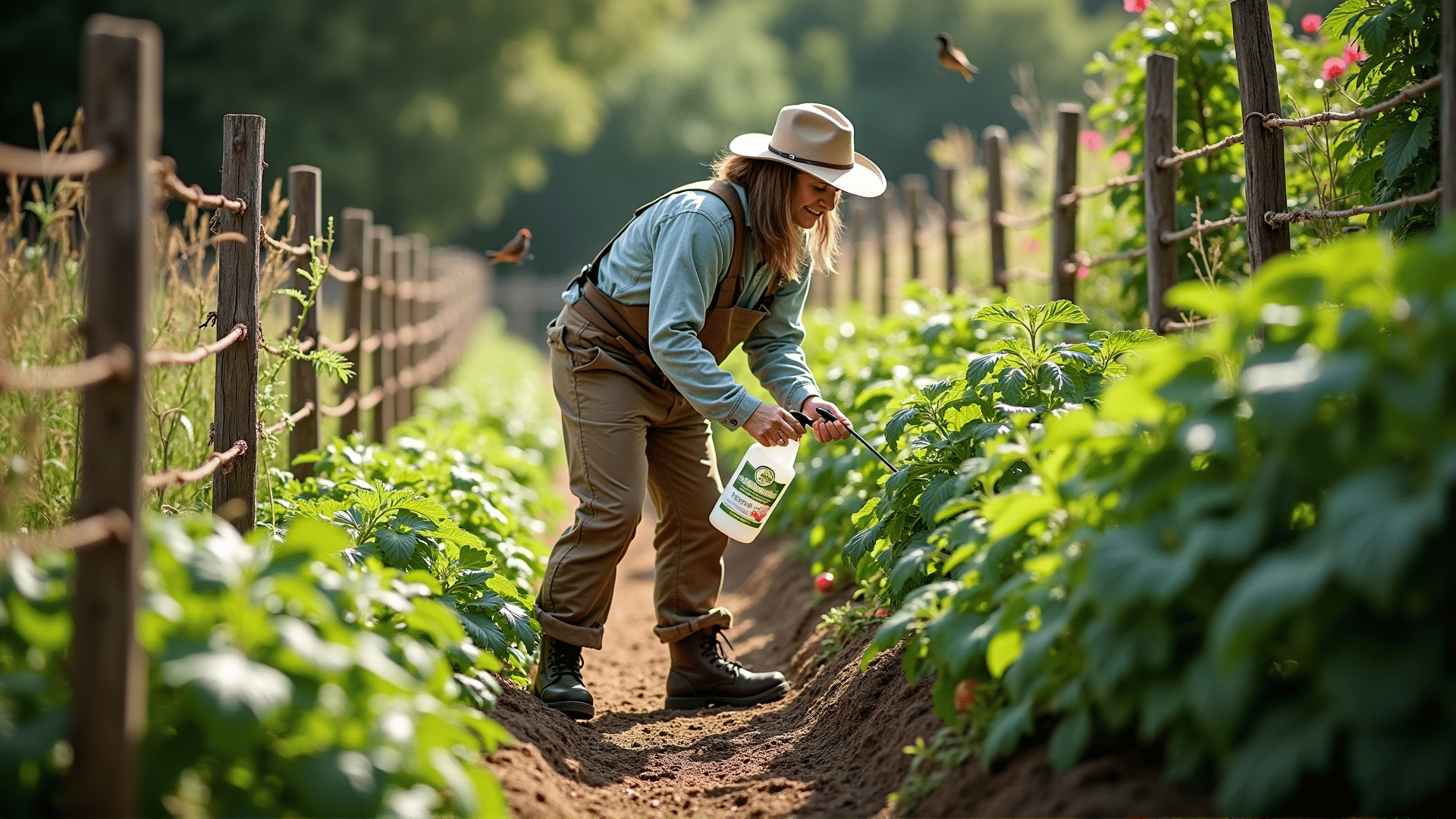As concerns about environmental sustainability and food safety continue to grow, many farmers are seeking alternatives to traditional chemical pesticides. Organic pest control solutions are gaining momentum as viable methods for safeguarding crops while preserving ecological balance. These methods not only protect the environment but also cater to a rising consumer demand for organic produce.
One cornerstone of organic pest control is biological pest management. This approach utilizes natural predators and beneficial insects to manage pest populations. Ladybugs, for instance, are introduced to control aphid infestations, while parasitic wasps target various crop destroyers. By promoting a balanced ecosystem, these natural predators help keep harmful pest populations in check without harming the crops or surrounding wildlife.
Companion planting is another effective organic strategy. By growing certain plants together, farmers can naturally repel insects or mask the scent of desirable crops. For example, marigolds emit a distinct aroma that deters nematodes, and when planted near vegetables, they can protect against these root-damaging pests. Similarly, basil planted alongside tomatoes can fend off insects like whiteflies and mosquitoes.
Crop rotation is a traditional practice that is also effective in organic pest control. Regularly changing the types of crops grown in a particular area prevents pests and diseases from becoming established. This method disrupts the life cycles of pests, reducing their numbers and impact over time. Additionally, rotating crops can improve soil health by preventing nutrient depletion, further supporting robust and resilient harvests.
Another environmentally friendly pest control method is the use of organic pesticides made from natural substances. Neem oil, derived from the seeds of the neem tree, is a popular choice. It acts as an insect repellent and disrupts the growth and reproduction of pests. Diatomaceous earth, a powder made from fossilized diatoms, is effective against crawling insects such as slugs and beetles when sprinkled on the soil.
To enhance the effectiveness of these strategies, farmers often combine multiple techniques. Integrated Pest Management (IPM) is a holistic approach that incorporates various organic methods along with careful monitoring and adherence to thresholds that determine when intervention is necessary. IPM minimizes reliance on any one solution, thereby preventing pests from developing resistance.
The rise of organic pest control solutions underscores a broader shift towards sustainable farming practices. Consumers are increasingly prioritizing food safety and environmental stewardship, driving demand for organic produce and transparent farming methods. For farmers, embracing these organic strategies not only meets market expectations but also contributes to the long-term health of their land and community.
In conclusion, organic pest control solutions represent a forward-thinking approach to agricultural challenges. By fostering natural insect populations, employing traditional techniques like crop rotation, and utilizing natural substances, farmers can protect their crops effectively and sustainably. As these methods continue to gain traction, they promise to play a crucial role in shaping the future of agriculture, providing a healthier choice for both people and the planet.
